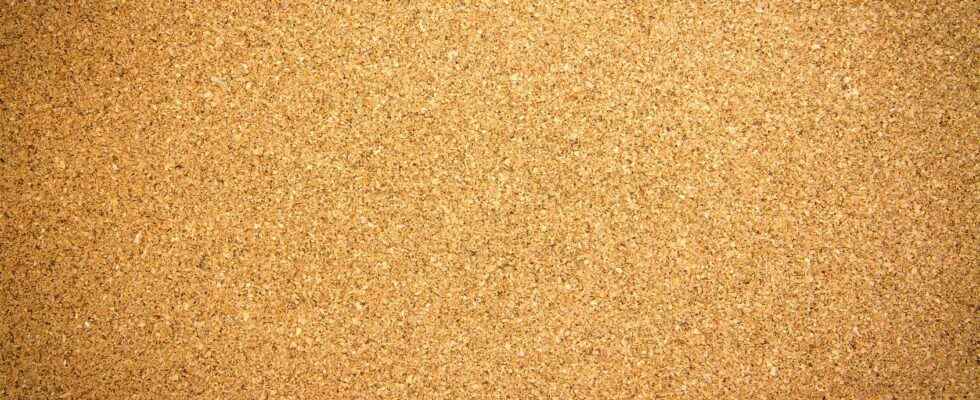Expanded cork, more precisely cork bark obtained from cork oak, is the oldest natural and ecological insulation for home insulation. Find out why cork is a good thermal insulator.
The advantages of cork are many: it material is light, rot-proof, it does not disintegrate, has a perfect soundproofing and resists very well to water, insectsto rodents and compression.
In addition, cork is fire retardant (contrary to polystyrene) and releases no toxic substances. Finally, thanks to its great stability over time, the cork benefits from a duration unlimited life.
Cork, a perfect thermal insulator
In addition to these advantages, cork is also a very good thermal insulator thanks to its structure: theair is trapped in its very fine cells (96% air). Cork therefore benefits from a very good coefficient of thermal conductivity and has a significant thermal phase shift capacity thanks to its high density: it slows down the penetration of heat in the house, especially in summer.
L’cork insulation thus makes it possible to regulate the temperature within a dwelling and thus to avoid the excessive use of heating or air conditioner. To promote good thermal insulation, the thickness of the material must be taken into account. Therefore, to reduce the thermal bridgespure expanded cork and high expanded cork resistance are recommended.
Cork can be used as insulation in different places in a house: facades, wallsfloors, roofs, attic… It can also be used in many forms to insulate a houseinside or outside: panels, bulk (in the form of granules), slabs, rolls…
Interested in what you just read?
